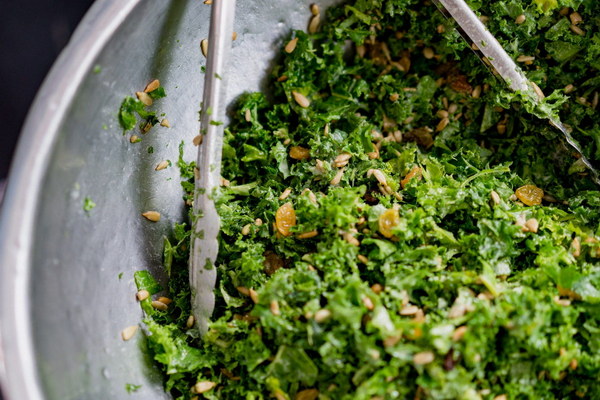Nurturing Your 8MonthOlds Spleen and Stomach A Comprehensive Guide
Raising an 8-month-old baby is a delightful yet challenging experience. One of the most critical aspects of early childhood care is nurturing your baby's spleen and stomach, as they play a crucial role in their overall health and development. Here's a comprehensive guide on how to care for your baby's spleen and stomach during this vital stage.
1. Breastfeeding or Formula Feeding
Breastfeeding is the gold standard for providing optimal nutrition and immune support to your baby. Breast milk is rich in antibodies, vitamins, and minerals that help strengthen the immune system and improve digestion. If you're unable to breastfeed, choose a high-quality formula that closely mimics breast milk's composition.
1.1. Breastfeeding Tips:
- Establish a comfortable feeding position for both you and your baby.

- Offer both breasts during each feeding session to ensure your baby gets enough milk.
- Avoid overfeeding, as it can lead to indigestion and discomfort.
1.2. Formula Feeding Tips:
- Follow the feeding schedule recommended by your pediatrician.
- Ensure the formula is prepared according to the manufacturer's instructions.
- Keep the formula at a suitable temperature for your baby.
2. Introducing Solid Foods
At 8 months, your baby is ready to start exploring solid foods. Introduce them gradually, starting with single-ingredient purees and gradually progressing to more textured and mixed foods. This process helps your baby develop the necessary chewing and swallowing skills.
2.1. Solid Food Tips:
- Begin with iron-fortified cereals, such as rice or oatmeal, as they are easier to digest.
- Offer single-ingredient purees, such as mashed banana, avocado, or sweet potato.
- Introduce protein sources like pureed meats, poultry, or tofu.
- Avoid allergenic foods, such as peanuts, eggs, and wheat, until your baby is at least 1 year old.
2.2. Dietary Tips:
- Provide a variety of foods to ensure your baby gets a balanced diet.
- Offer small, frequent meals to prevent overeating and digestive discomfort.
- Avoid spicy, acidic, or fatty foods that can irritate your baby's stomach.
3. Hydration
Proper hydration is essential for your baby's overall health, including their spleen and stomach function. Offer your baby water or breast milk throughout the day, especially during hot weather or after vigorous play.
3.1. Hydration Tips:
- Use a sippy cup to encourage your baby to drink water.
- Offer water between meals to prevent overeating.
- Monitor your baby's urine color; pale yellow urine indicates adequate hydration.
4. Gentle Stimulation
Gentle tummy massage and regular physical activity can help improve your baby's digestion and reduce discomfort. These activities also promote bonding and relaxation.
4.1. Stimulation Tips:
- Gently rub your baby's tummy in a clockwise direction to promote digestion.
- Encourage tummy time to strengthen the abdominal muscles.
- Provide a safe and stimulating environment for your baby to explore and play.
5. Monitoring for Indigestion
Keep an eye on your baby's digestion to identify any signs of indigestion, such as fussiness, refusal to eat, or projectile vomiting. If you notice any concerning symptoms, consult your pediatrician for advice.
5.1. Indigestion Tips:
- Avoid overfeeding your baby.
- Monitor the temperature of their food and drinks.
- Ensure your baby is in a comfortable position during feeding.
In conclusion, nurturing your 8-month-old baby's spleen and stomach is essential for their overall health and development. By following these tips, you can help ensure your little one grows up strong, healthy, and happy. Remember, every baby is unique, so be patient and adjust your approach as needed.









